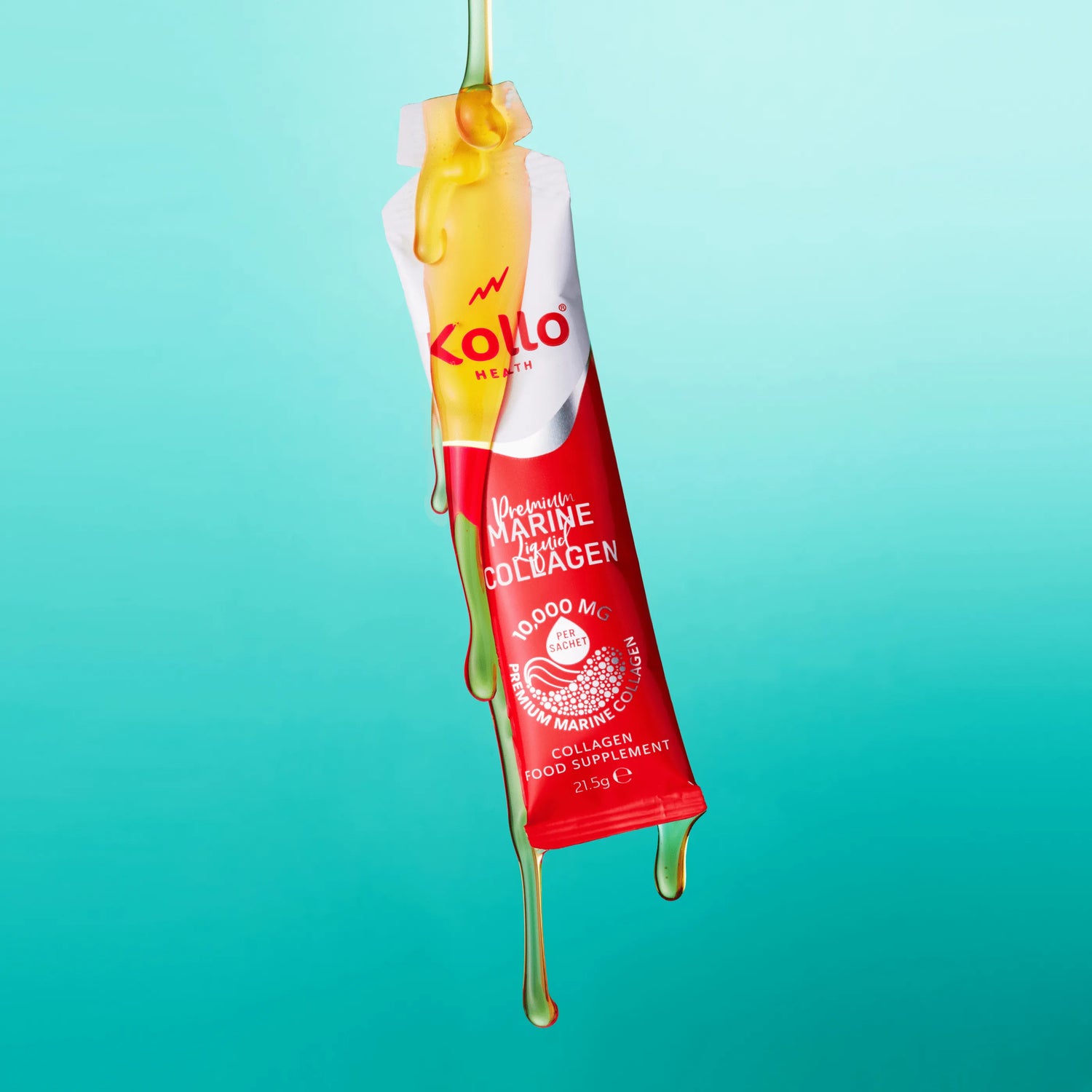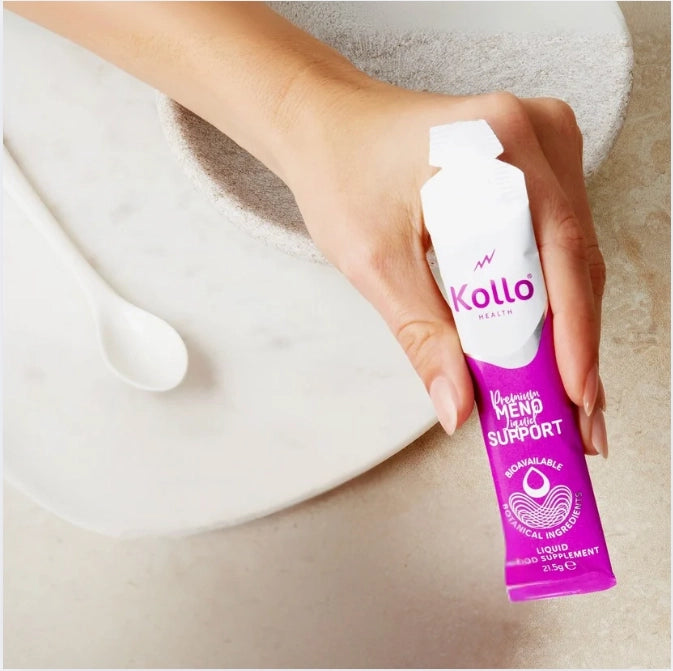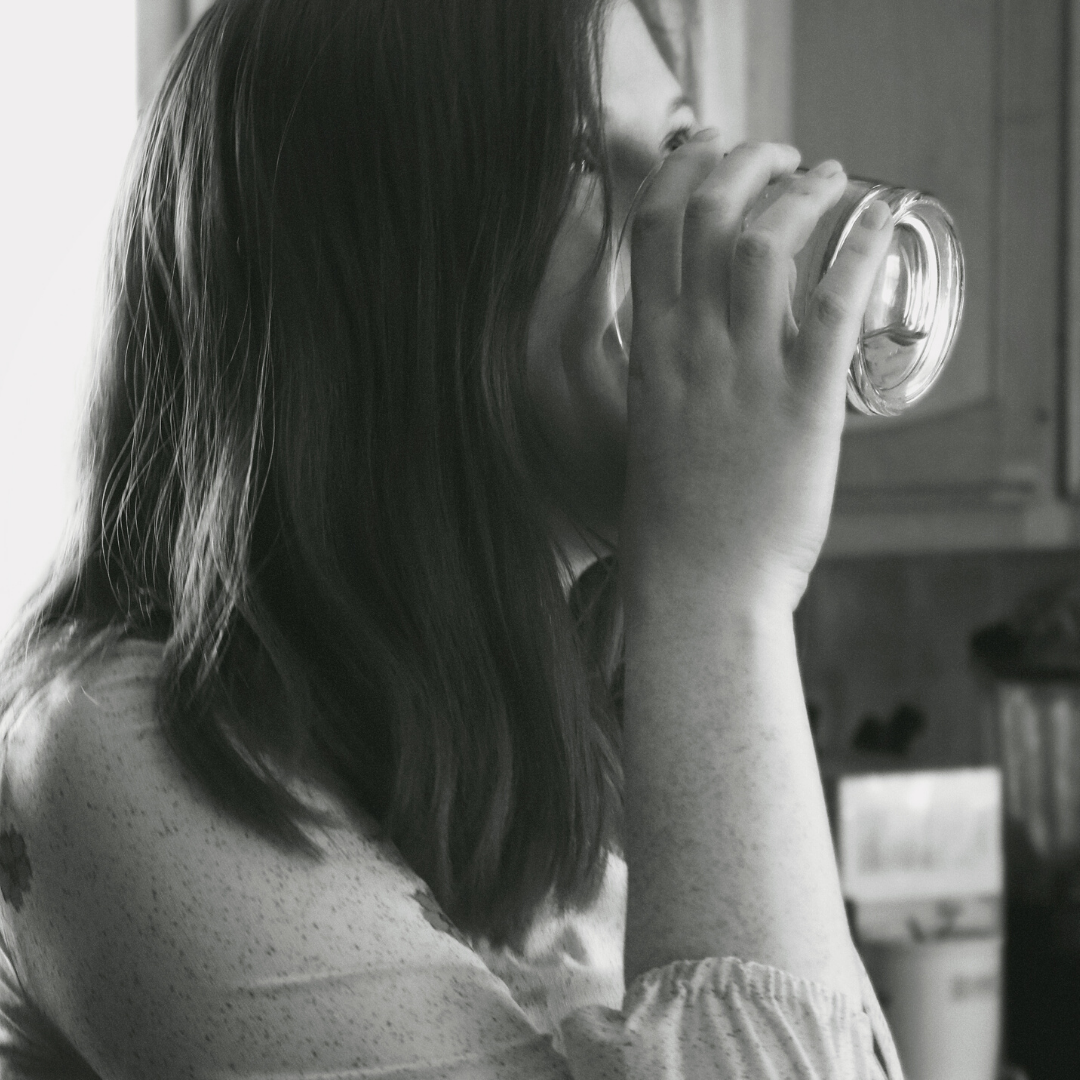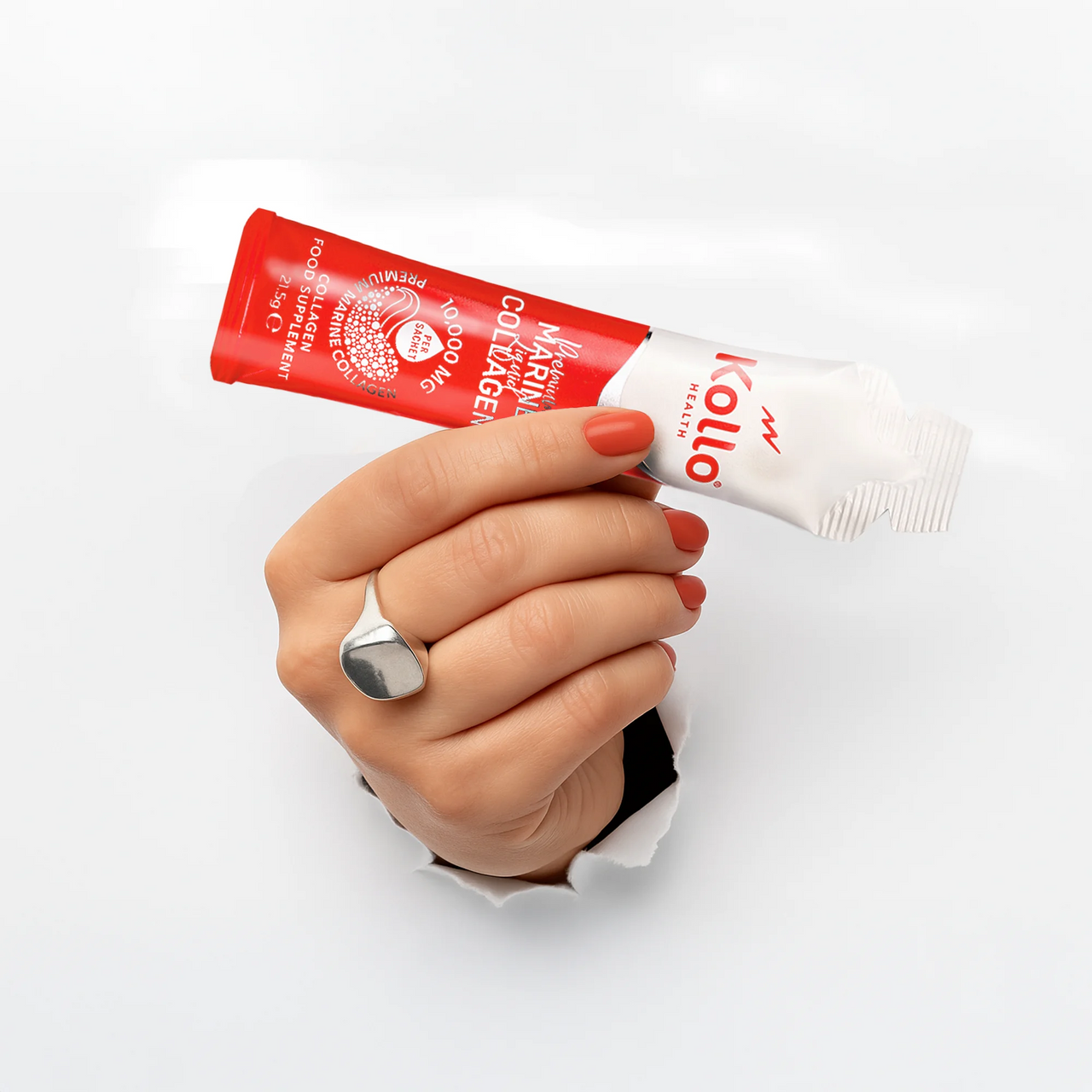We’re sure most of you have a good idea of what collagen is and the benefits we get from it. In recent years we have seen an increase of the accessibility there has been for ordinary people to consume a collagen supplement rather than it being a product for the elite end of the beauty industry. But are people actually aware of what collagen is made of?
What is in collagen?
So collagen is a protein that is made of amino acids, primarily proline, glycine, hydroxyproline and arginine which are known as the ‘non-essential’ amino acids. The reason we say they are non-essential is because it is not the food we eat that we get these from but otherwise our body naturally producing them.
Collagen is a vital component in keeping our body healthy. You’ll find collagen in the flesh and connective tissues of mammals which helps keep the firmness and suppleness in skin. It also helps the prevention of wrinkles appearing and sagging in the skin and this is due to collagen fibres supporting our body tissues. This is how we start to see ageing in skin as the loss of the collagen as we get older starts to show in our skin through fine lines and wrinkles. How could collagen help our joints though? Our ligaments help keep our joints together and then our tendons connect the bone to the muscle. Our bones muscles, tendons and ligaments are made up of different proteins, with collagen being the most predominant of all.
Collagen is what helps provide our body with strength and structure. Without the right levels of collagen in our lives, we will see a noticeable difference in a range of ways from our skin, to our hair and our bones to our gut. The benefits to our health are pretty much endless.
What different types of collagen are there?
Amazingly, there are 16 types of collagen in our body and around 80 to 90% of them belong to types 1, 2 and 3. These all have different functions of working in our body. Kollo is a marine collagen and has type 1 collagen; it’s one of the most common types of collagen. This type of collagen makes up an enormous 90% of your hair, skin, nails, ligaments, organs and bones and therefore clearly plays a key role in the maintenance of these parts of our body. Alongside this it encourages our skin to stay healthy and youthful.
We all lose collagen but what does it do?
Unfortunately as we age a lot of things can change with our body, one of them that plays a part in this is the amount of collagen that our body produces. From the age of 25 our rate of collagen production decreases by 1.5% every year. This is where over the years we start to notice obvious changes in our skin, hair and joints. However, the reduced collagen we produce isn’t the only thing to blame, there are many other contributing factors in our lifestyle which can affect this rate too such as smoking and the sugars we intake in our diet.
Also the ultraviolet rays from the sunshine that we would simply sunbathe in, increases the rate at which the collagen breaks down as our fibres become damaged and elastin. So vitamin D is good for our skin but in moderation and with the appropriate protection.
As mentioned, our loss of collagen also means our skin and hair follicles grow thinner and the texture will change and both can look as though they are lifeless. Our joints can also grow stiffer and our limbs can become less elastic and so they take longer to recover.
What is marine collagen made of?
Marine collagen is a collagen peptide supplement which is made from fish. There are many benefits to consuming marine collagen supplements like Kollo. One of them being that marine collagen focuses on the quality of collagen whereas a bovine collagen is focused on improving our bone density. Though marine collagen can contribute to so much more like our skin and hair, our joint and gut health, our brain health and it even stabilizes our blood sugar which is great for those who suffer with type 2 diabetes.
Does the consumption of collagen really work?
You may be questioning why you are seeing low collagen levels even when you are doing your part of the bargain with a healthy diet and restricting your exposure to the sun. But this could be anything as simple as not getting the right levels of collagen in your body. It’s important to remember that these are designed to supplement our natural collagen levels with the key word being ‘supplement’ - we are frankly adding more collagen and acting as a mechanism to encourage the production of collagen. Collagen drinks are more efficient than creams and tablets as it gets into our system much quicker, in fact liquid extracts can take just 1-4 minutes for it to fully assimilate. Whereas, tablets need to break down its medicinal properties to put them into liquid form in the stomach. This can be anything from 20-30 minutes before the body even begins to absorb the tablet.
The recommended amount of daily collagen intake is 10g; a Kollo sachet has 10G of collagen and so this alongside other foods high in protein that will supply our body with the range of amino acids it needs to produce collagen, can be extremely helpful in ensuring our body is getting an appropriate amount. Why not start with a 14 day supply of Kollo, feel the difference and reap the benefits of this for your overall health.
Learn More about Liquid Collagen







